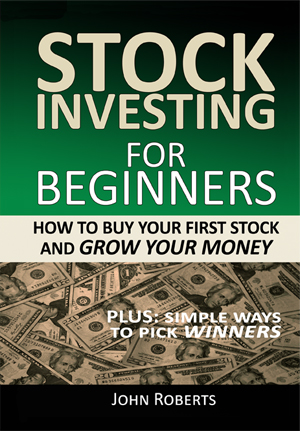What Is A Security?
A friend of mine ask me what a security is the other day. That’s a great question, because we hear the term used often.
I’m going to give you some simple answers to the question. They won’t cover every technical detail, but they’ll get you in the ballpark. And for most people, that’s as much as they need to understand.
So a security is something that has financial value that can be bought and sold. And it’s typically not a physical item like a car or groceries.
Like a share of stock, for example. When you buy a stock, you don’t get a physical object – except maybe a piece of paper known as a stock certificate. Because when you are buying a share of stock you are buying part of the ownership of a corporation.
Which means they may pay you part of their profits (known as dividends) every three months. So the stock is something of financial value – but not physical.
You can turn around and sell the stock to someone else. In which case they will own the stock and get paid the dividends in the future.
Or take bonds. When you are buying a bond, you are loaning a corporation money and they promise to pay you that money back in the future. And they also pay you interest every six months. So owning the bond is something of financial value. It’s worth the interest payments they will make to you plus the value when they pay the loan back to you after a certain number of years.
You can turn around and sell the bond to someone else. In which case they will receive the interest payments in the future. And the corporation will pay the loan back to them in a certain number of years.
CD’s (certificates of deposit) are also securities.
Another feature of securities is that they have to be registered with the SEC (the Securities and Exchange Commission). This is to prevent people from just selling fraudulent pieces of paper saying they are stocks or bonds or CD’s. You can imagine this has been tried a few times, yes?
So let’s take some examples. How about a car? It can be bought and sold, and it is something of financial value, but it is not a security. It’s not registered as a security. It’s just a physical item.
On the other hand, a share of stock in General Motors, a car company, IS a security. It is something of financial value, can be bought or sold, and is registered as a security.
An option on a stock IS a security. It can be bought and sold and IS registered as a security.
I’ve included a more complete, technical definition of a security below for those that want to dig deeper. I got it from Wikipedia.
But in general, all you need to know is that a security is something of financial value, that can be bought and sold, and is most likely registered with the Securities and Exchange Commission.
I hope that helps a bit.
Have a nice day – John
WIKIPEDIA DEFINITION
A security is generally a fungible, negotiable financial instrument representing financial value.[1] Securities are broadly categorized into:
• debt securities (such as banknotes, bonds and debentures),
• equity securities, e.g., common stocks; and,
• derivative contracts, such as forwards, futures, options and swaps.
The company or other entity issuing the security is called the issuer. A country’s regulatory structure determines what qualifies as a security. For example, private investment pools may have some features of securities, but they may not be registered or regulated as such if they meet various restrictions.
Securities may be represented by a certificate or, more typically, “non-certificated”, that is in electronic or “book entry” only form. Certificates may be bearer, meaning they entitle the holder to rights under the security merely by holding the security, or registered, meaning they entitle the holder to rights only if he appears on a security register maintained by the issuer or an intermediary. They include shares of corporate stock or mutual funds, bonds issued by corporations or governmental agencies, stock options or other options, limited partnership units, and various other formal investment instruments that are negotiable and fungible.




